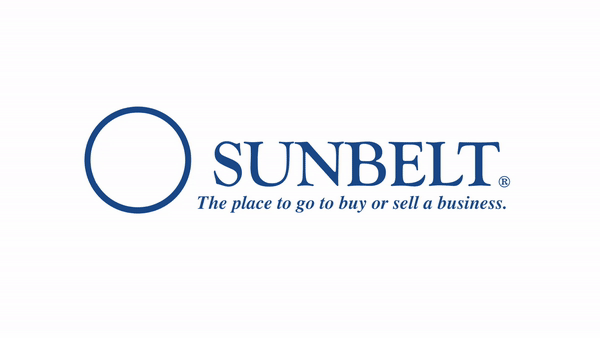The Role of Disclosure In The Due Diligence Process When Selling A Business
- Dan Elliott

- Jan 1, 2021
- 3 min read
A business owner who would like to sell their business how they go about the sale can be the difference between a dream ending and a nightmare. There are some things you should know before selling your business.
It is important that the buyer and seller know what’s being sold, bought and what known circumstances might affect the performance of the business after the sale.
If you’re selling a business your best friend is DISCLOSURE! That’s right disclosure. The role of disclosure in the due diligence process is important when selling a business. You may want to sell your business but when you do, you also don’t want to be in court a year later with a buyer trying to get the money back.
Disclosure is a part of the Due Diligence process. Due Diligence can vary greatly from deal to deal but one thing that doesn’t change is the obligation for disclosure.
Disclosure needs to be methodical and complete. During a sale, many business owners ask, “why is the buyer asking so many ridiculous questions?” As a seller, you should answer honestly and if you don’t know the answer tell the buyer that also.
Buyer Beware: Unfortunately, there are some sellers in the world who would rather look the other way, close the deal and worry about it later. As a buyer, you need to do your homework before finalizing the sale.
Disclosing Material Information
You should also be aware of material information that you should tell the buyer even if they don’t ask. What might that be?
Before the sale, you are talking to your largest customer and they say something like “Joe, just thought I’d let you know, starting in January we won’t need your product anymore.”
Some sellers might think closing on the sale before the buyer finds out is the best course of action, but it is not. In this case, you need to put in writing this information for the buyer. Could it kill the deal? Yes, but that might be better than the legal entanglements after a sale.
Here is what you want to include in disclosure:
Any information the buyer asks for
Any information about actions or impacts that might materially affect the business after the sale
There are plenty of situations that could occur. For example, let’s pretend it’s 2 weeks before the sale of your business is scheduled to close. Your top salesperson comes to you and says, “I’m pregnant, and after the baby comes I’m going to take a couple of years off if you need to fill my position I understand.”
Yep, you need to tell the buyer that. Losing your best salesperson is a big deal, even if you think they are easily replaced. Any small details that could possibly bring a wave of hurt to the company needs to be addressed before the sale.
When you decide to sell your business, you need to go through your business with a fine-toothed comb and be prepared to disclose and discuss.
Remember: Bad news about your business before the deal closes is a price problem. Bad news discovered after closing is a legal problem.
Buyer’s Responsibility
Along with the seller’s disclosure, the buyer has a responsibility as well. They need to put in the effort and do the homework to ask the right questions so all parties understand.
An experienced and qualified Business Broker can assist the buyer and seller in the Due Diligence process but the obligation for full disclosure is the responsibility of the buyer (who is spending a lot of money) and the seller (who is getting the money).

Mr. Elliott is Managing Director of Sunbelt Texas Business Sales & Acquisitions with more than 20 years experience in mergers, acquisitions and business broker. Mr. Elliott purchased Sunbelt Houston in 1996 and has managed the sale of over 500 companies from very small businesses to companies with revenue of more than $30,000,000. Mr. Elliot has provided Business Broker and merger and acquisition adviser services to privately held business in Houston, Austin, San Antonio and throughout Texas.
Over a 20 year career, he has handled a wide range of industries including manufacturing, distribution, medical, machining, construction, and contractors. Mr. Elliott has completed transactions with Private Equity Groups, strategic buyers and a wide range of regional companies executed plans to grow through acquisitions.
Mr. Elliott has been recognized as a “Thought Leader” by Sunbelt Business Brokers Global Network. Mr. Elliott is frequently interviewed in various media and is considered an expert in the field of buying and selling privately held businesses.
Mr. Elliott has received the professional designations of Certified Business Intermediary (CBI) and Master Merger & Acquisitions Intermediary (MMAI).



コメント